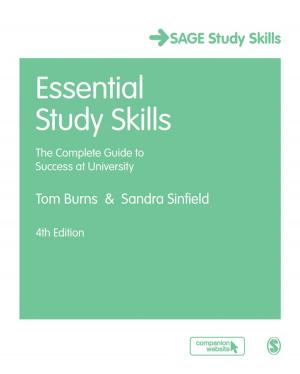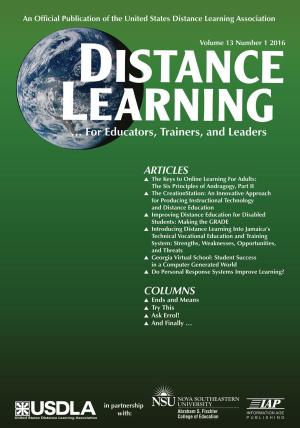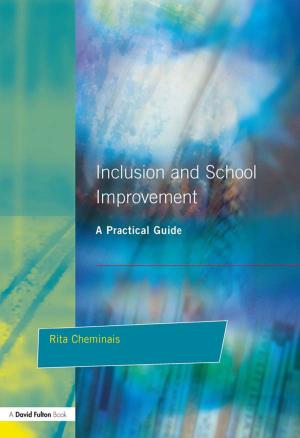Improving Emergency and Disaster Personnel:
Nonfiction, Health & Well Being, Psychology, Education & Training, Reference & Language, Education & Teaching| Author: | Mark Miller | ISBN: | 9781311825759 |
| Publisher: | Mark Miller | Publication: | December 25, 2015 |
| Imprint: | Smashwords Edition | Language: | English |
| Author: | Mark Miller |
| ISBN: | 9781311825759 |
| Publisher: | Mark Miller |
| Publication: | December 25, 2015 |
| Imprint: | Smashwords Edition |
| Language: | English |
This research will emphasize the vital importance of selecting and training emergency personnel to an “elite” level. Elite emergency personnel will be required to mitigate increasingly complex future natural and man-made disasters (including terrorism). Some inadequacies currently plague the United States emergency management community. Insufficiencies, such as, improper education, the lack of international disaster-related experience, the growing selection of stress-prone individuals and employees who are out of shape both mentally and physically. Answering the following questions will help the examination of this paper be successful. Starting at an early age, is it possible to reproduce emergency response professionals (ERP), to the rank of elite status; a rank that signifies one’s ability to mitigate even the worst of disaster situations without falling victim to Post-Traumatic Stress Disorder (PTSD)? If so, what kind of early teaching, what type of selection method, what category of training, and what method of response curriculum would concord a product such as an elite status ERP? This research will incorporate information from the finest minds in disaster management, psychology, and triage; it will also include professional information from the military, philosophy, religion, and global health. The conclusions from this research may surprise how vulnerable the disaster community is. The data will show how a blood and saliva test, proper eating and sleeping, and abstaining from all types of addiction, along with believing in a Supreme Being will alter how the emergency and disaster community selects, trains, maintains and responds to a horrific death and destructive type of disaster. The purpose of this research is to show two problems. The first identifier shows what is wrong with today’s emergency response employee, and the second explains their improvement using a 15 step process. The proof found in these ideas will ultimately change the face of emergency and disaster management.
This research will emphasize the vital importance of selecting and training emergency personnel to an “elite” level. Elite emergency personnel will be required to mitigate increasingly complex future natural and man-made disasters (including terrorism). Some inadequacies currently plague the United States emergency management community. Insufficiencies, such as, improper education, the lack of international disaster-related experience, the growing selection of stress-prone individuals and employees who are out of shape both mentally and physically. Answering the following questions will help the examination of this paper be successful. Starting at an early age, is it possible to reproduce emergency response professionals (ERP), to the rank of elite status; a rank that signifies one’s ability to mitigate even the worst of disaster situations without falling victim to Post-Traumatic Stress Disorder (PTSD)? If so, what kind of early teaching, what type of selection method, what category of training, and what method of response curriculum would concord a product such as an elite status ERP? This research will incorporate information from the finest minds in disaster management, psychology, and triage; it will also include professional information from the military, philosophy, religion, and global health. The conclusions from this research may surprise how vulnerable the disaster community is. The data will show how a blood and saliva test, proper eating and sleeping, and abstaining from all types of addiction, along with believing in a Supreme Being will alter how the emergency and disaster community selects, trains, maintains and responds to a horrific death and destructive type of disaster. The purpose of this research is to show two problems. The first identifier shows what is wrong with today’s emergency response employee, and the second explains their improvement using a 15 step process. The proof found in these ideas will ultimately change the face of emergency and disaster management.















